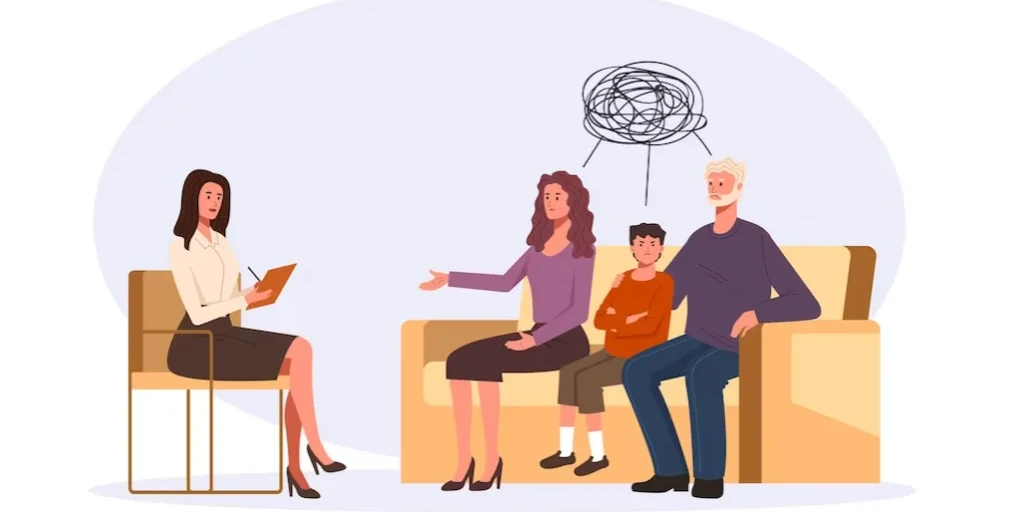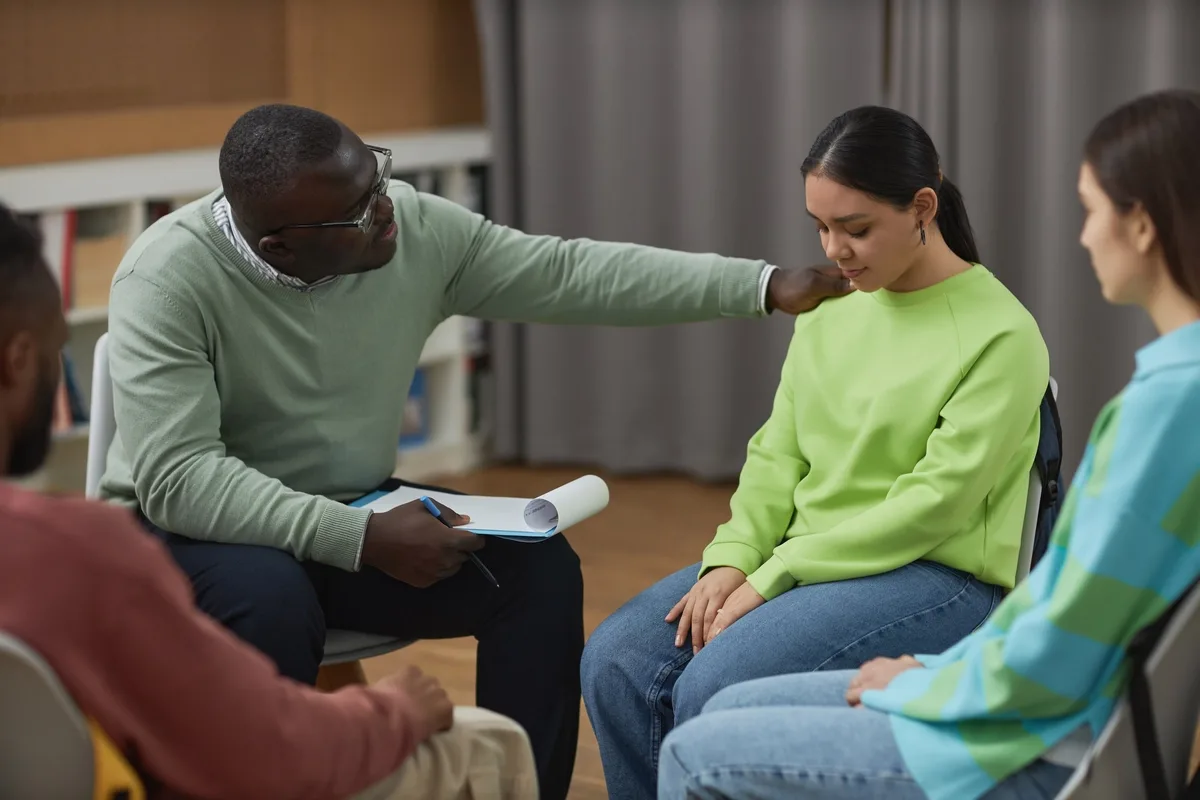24/7 Helpline:
(866) 899-221924/7 Helpline:
(866) 899-2219
Learn more about Group Therapy centers in Middletown
Group Therapy in Other Cities

Other Insurance Options

PHCS Network

Medical Mutual of Ohio

Evernorth

Excellus

Regence

Group Health Incorporated

Optima
Beacon

Magellan Health

EmblemHealth

Health Net

Coventry Health Care

Magellan

CareSource

WellPoint

Amerigroup

Highmark

Multiplan

BlueCross

Horizon Healthcare Service













